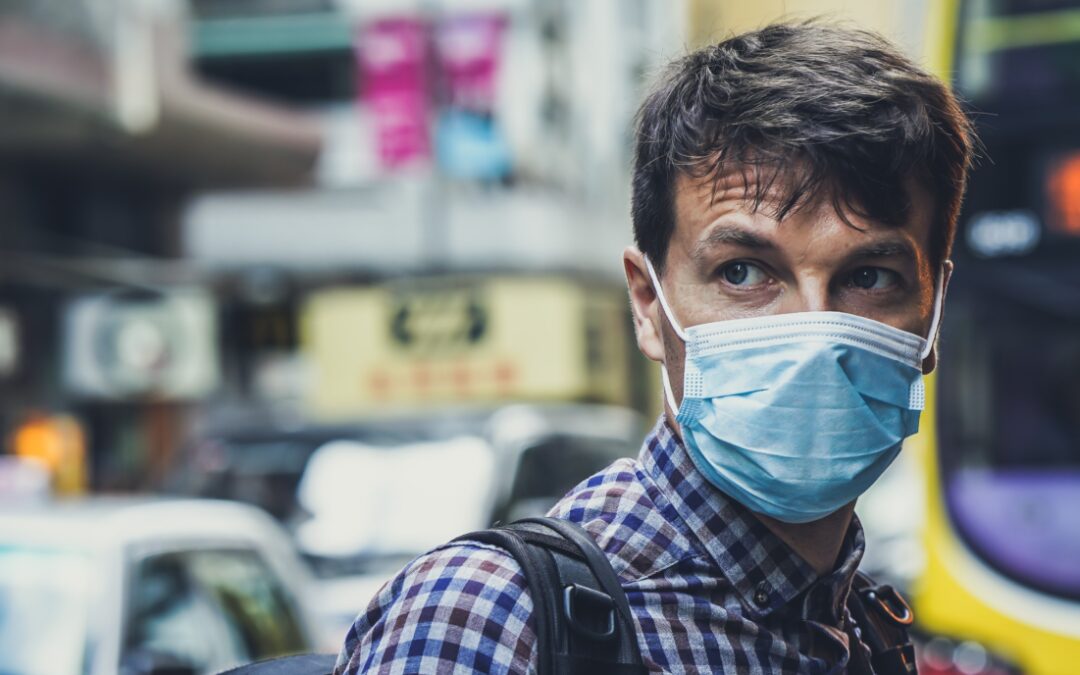Security Systems Integrators Have Been Labeled as Essential Services During COVID-19 Outbreak by the Department of Homeland Security. These are strange times we are living in. The last thing that Americans probably expected from the beginning of the year 2020 was a pandemic. Being labeled as an “essential service” allows the industry to continue working as the virus rages on.
Security Systems Integrators Have Been Labeled as Essential Services During COVID-19 Outbreak
DHS guidelines are allowing for all types of technicians to keep installing security systems in different market niches during the COVID-19 crisis. Certain integration companies are being exempt from coronavirus regulations that have been put in place which calls for work to stop because of the virus. This is because of the DHS. They have identified integrators as “essential critical infrastructure workers during the COVID-19 pandemic.
The Department of Homeland Security’s guidelines from the Cybersecurity and Infrastructure Agency or (CISA), intends to assist both local and state officials while making decisions regarding which workers are essential in each jurisdiction. CISA’s identification of “essential critical infrastructure workers” is “intended to be overly inclusive reflecting the diversity of industries across the United States.”
Security Systems Integrators Have Been Labeled as Essential Services During COVID-19 Outbreak along with Heath Care/Public Health, Public Works, Financial Services, Transportation and Logistics, etc. Guidelines can encompass residential work as well. Darren Reaman, CEDIA’s director of government affairs, notes that “The rapid government response through execution action regulatory changes and legislation at the local, state and federal level to the COVID-19 virus is unprecedented.”
The guidelines provide guidance strategically toward the effort to maintain the country’s infrastructure “and such as we believe these guidelines serve an important role as communities respond with executive and legislative action,” according to Reaman.
“The list of “Essential Critical Infrastructure Workers” identified by the CISA Report include:
- Maintenance of Communications Infrastructure including privately owned and maintained communication systems supported by technicians, operators, call-centers, wireline and wireless providers, cable service providers, satellite operations, undersea cable landing stations, Internet exchange points, and manufacturers and distributors of communications equipment
- Installation, Maintenance and Repair Technicians that establish, support or repair service as needed
- Customer Service and Support Staff, including managed and professional services as well as remote providers of support to transitioning employees to set up and maintain home offices, who interface with customers to manage or support service environments and security issues, including payroll, billing, fraud, and troubleshooting
- Dispatchers involved with service repair and restoration”
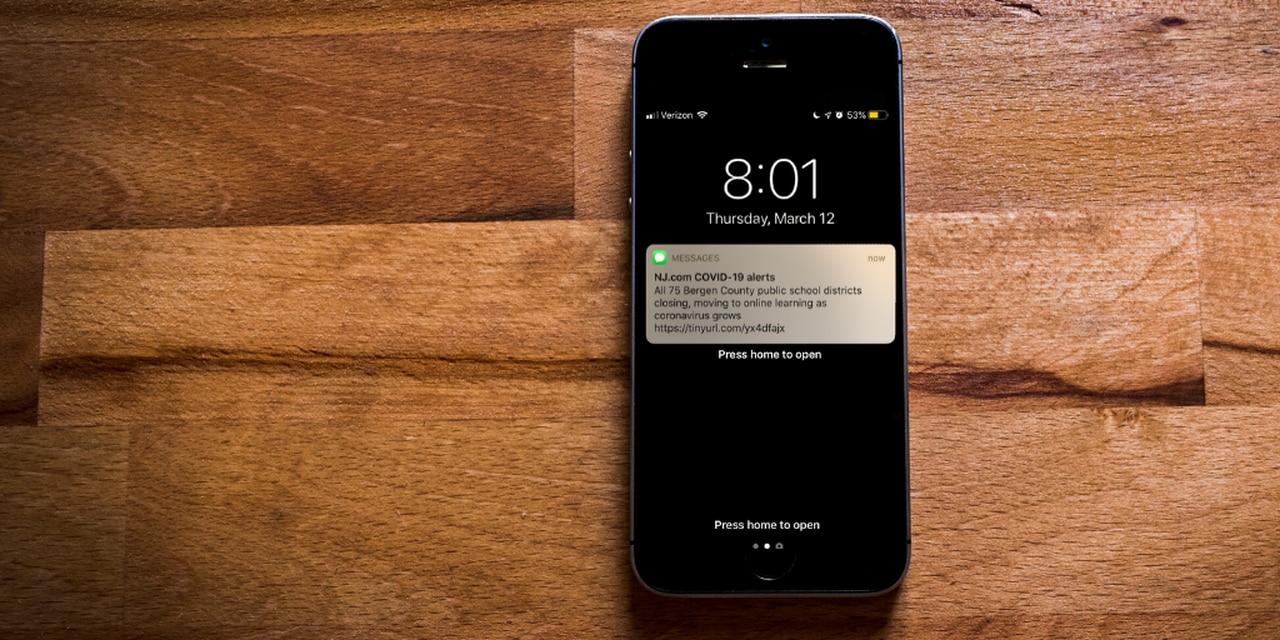
The Importance of Security Systems Integrators
There may be some confusion regarding what security systems integrators are. Security Systems Integrators basically connect several subsystems to provide security through your whole facility. This includes cyber protections and physical security, including access control such as doors, locks, gates and others such as video surveillance, lighting, emergency notification systems and network security. Most integrators can install software, hardware, networks, and hybrid IT solutions as well as specialized security equipment.
Physical violence, as well as cybercrime, are on the rise. While physical and cyber continue to mingle with the Internet of Things (IoT), the risks grow. Power plants and other utilities can be made vulnerable by software that is unsafe. Hospitals’ sensitive patient info can be hacked into and used for criminal activity. No one is safe if they are connected. If you keep any digital records, use email, or rely on your network for business in any way, you should absolutely be looking at security. Thankfully, security systems integrators can help.
Security systems Integrators secure data, people, and property, however, their level of service varies widely. Some can deliver “off-the-shelf” solutions and will install them for you. Others will go beyond this measure and manage the entire process. They start with a recommended security plan, moving through installation and implementation, testing and finally management and maintenance, This is known as the full lifecycle. These higher qualified providers can custom-build a security plan for you and will generally follow these steps:
- .Provide an initial assessment of your security needs
- Design a holistic security system to address these needs
- Install the software, hardware, networks or other required equipment
- Custom create other systems when needed
- Provide training to those managing the system on your end
- Offer ongoing maintenance, assessments, upgrades and service
Whenever possible, partner with a full-service systems integrator. Since they’re responsible for maintenance and service, they take full ownership of the system and have a vested interest in providing excellent services. With one team managing the entire lifecycle of your systems, you’ll also avoid the finger-pointing and miscommunication that can plague a team of several vendors. Also, a partnership allows for valuable continuity through the project, so you’ll ensure that your integrator is familiar with your company’s ongoing needs.
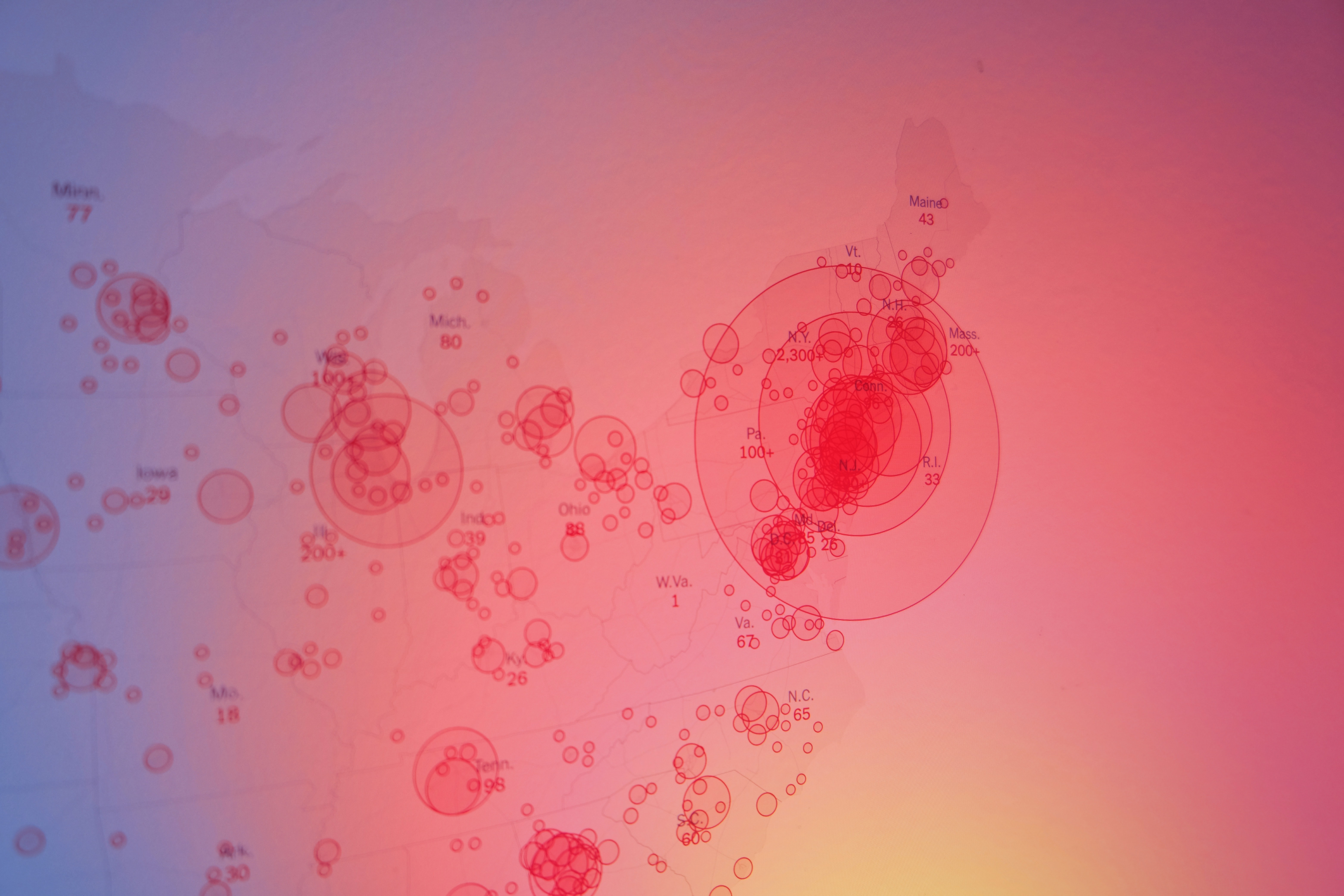
So, what to look for in a systems integrator? It’s important to ask yourself a series of important questions:
Are they a good cultural fit? Do your priorities align? Are you comfortable with them?
How about their services? They may match your objectives now, but what about in the future?
Are they in the know? Since threats are proliferating faster than ever, the means to counter them are as well. Find a systems integrator up on the latest systems and ensure they’re vendor agnostic, so they can provide smart and reliable recommendations.
Are they experts at efficiency? Bringing multiple systems together means there are opportunities to create higher efficiencies. A security systems integrator can link the lighting with access control, so that when fewer access cards are swiped in one area of a building, the lights can be adjusted accordingly, saving energy and money.
Are they IT smart? As the physical world collides with the IT world, it’s critical to have a deep understanding of coding, programming, troubleshooting and ongoing maintenance. The Internet of Things means that everything is now connected so everything is now vulnerable. Are they prepared?
Are they third-party verified? Do they have the important certifications? SSAE16 and ISO-certified data centers help you achieve compliance for HIPAA, SOX, and PCI DSS.
Do their employees have certifications? Certifications show dedication to excellence.
How trustworthy are their employees? What types of screening do they do?
What are their manufacturer relationships? Providers with strong partnerships can resolve issues faster. Check their partner status, certifications and direct access to manufacturers’ L3 engineers.
How secure is their datacenter? Do they have biometric authentication, 24/7 in-person and video monitoring, and user records? How about full redundancy and disaster recovery systems?
How do they manage their daily relationships? Do they have a portal for daily security updates, service level reports, and troubleshooting requests, as well as communication hubs for feedback and best practices?
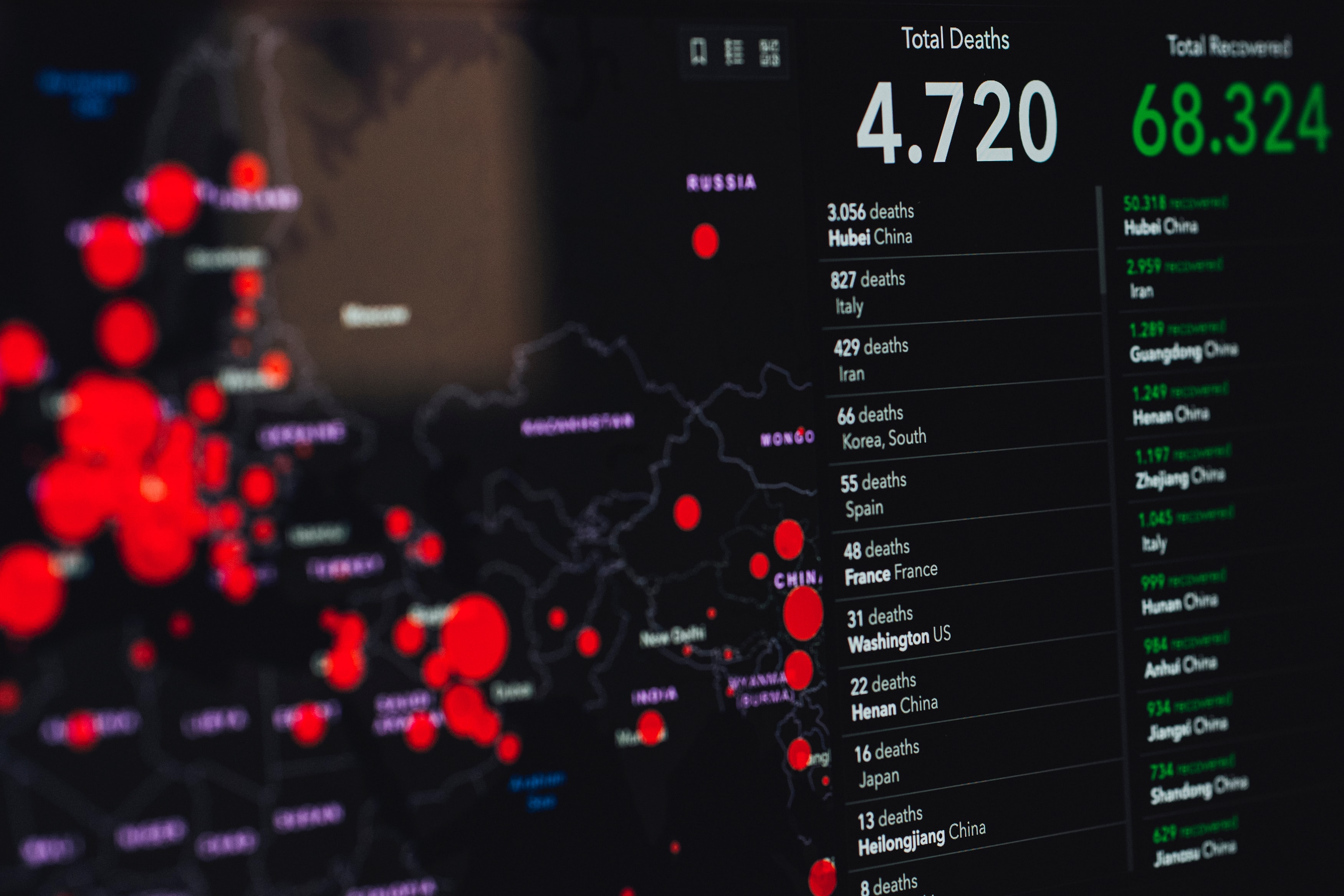
How COVID-19 Has Increased Security Importance
The coronavirus continues to spread and more businesses are taking stronger measures to protect their employees from spreading and contracting the virus and of course, multiple states across the country are implementing “Stay-In-Home” ordinances. As businesses get ready for these changes, they should also be aware of how their security systems can help in the wake of COVID-19. So what can be done to improve security?
Access Control Systems
While organizations make operational decisions in response to the COVID-19 outbreak, they should be sure that their mitigation policy is active in their access control system. For example, schools that have canceled the rest of the year should explore ways to improve security, access control in particular. They should look into their unlock/lock and open/close schedules to be sure that the facility’s access control system is properly configured. They also need to deactivate or suspend individuals’ access control devices to fit the changes. All decisions should be reinforced within the facilities’ access control settings so that better control can be taken in the environment. This is also an opportunity to audit access control privileges to be sure that the correct people have access to the right areas and that the settings properly reflect the security levels that need protection.
Support & Remote Support
While most companies have sent staff to work from home and have temporarily closed their doors, they may need to leverage services and support remotely. It’s very important to ensure that your security system is properly working when you are off-site. Technology manufacturers and security providers have remote services in place for support and learning. For example, some have the capabilities and online learning opportunities that allow for individuals to receive technical training and certifications remotely. Organizations continue to evaluate this interesting situation. It’s very important to take inventory of the tools at your disposal that can help reinforce the safety and security of your facility.
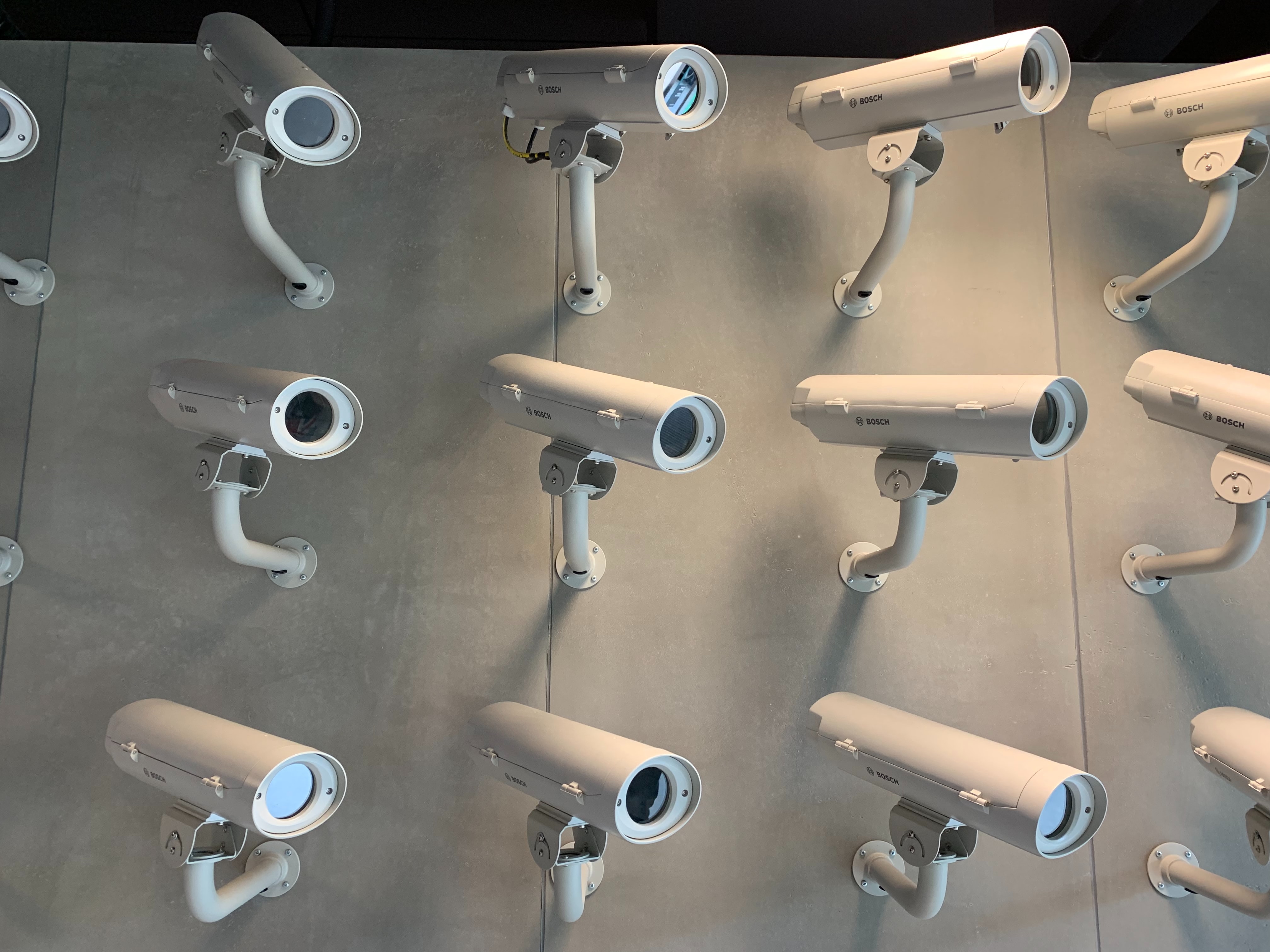
The Impact of Coronavirus
There have been over 819,141 confirmed cases of COVID-19 and more than 39,796 deaths. Those statistics are rising at an alarming rate. WHO declared COVID-19 a pandemic on March 11, 2020. In its message, it balanced the certainty that the coronavirus (SARS-CoV-2) will inevitably spread to all parts of the world, with the observation that governments, businesses, and individuals still have substantial ability to change the disease’s trajectory. COVID-19 has had a much larger impact on organizations beyond the security industry. Some of the biggest tech companies in the United States are taking additional
This global pandemic that has kept us contained in our homes for weeks now-maybe even months- is already reassembling our relationship with government, to the outside world, and even to each other. Changes that experts expect to see in the coming months can feel unfamiliar and unsettling. Are nations going to stay closed? Is human contact going to become taboo? What is going to happen to restaurants?
However, moments of crisis also give us the opportunity: more flexible and sophisticated use of technology, less polarization, a newly revived appreciation for simple pleasures in life such as going to work, driving with the windows down, hugging friends and family etc.

FREQUENTLY ASKED QUESTION:
What is Our Company Policy as It Relates to Working During the Corona Virus Outbreak?
- Design/Consultative Stage: We dramatically reduce the requirement or need for on-site design. In our experience most systems can be evaluated and designed remotely. If the client has a floor plan we can leverage that combined with google earth and over-the-phone conversations with on-site security administration to deliver the fundamental security design your business requires.
- During an Installation: We make sure to have the client address with all employees (in writing and verbally) that our security partners will be on-site conducting inspections and installations and all employees must stand and speak at least 6 feet away from the identified security team. None of our employees will come on site if they are feeling sick or having symptoms and are practicing social distancing while off the job site.

